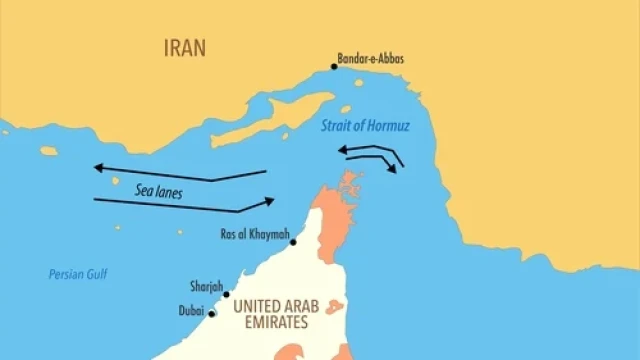Taiwan's presidential election has been declared won by Lai Ching-te of the ruling Democratic Progressive Party.
On Saturday, January 13, Taiwan's Democratic Progressive Party (DPP) won a historic presidential election, as President Lai Ching-te won an unprecedented third consecutive term in office. China, on the other hand, quickly disregarded the findings, claiming that they "cannot represent the mainstream public opinion" and that the conclusion would not change the course of relations between the two countries.
China's Taiwan Affairs Office spokesman, Chen Binhua, emphasized Beijing's unwavering claim on Taiwan, stating that the election results "will not impede the inevitable trend of China's reunification." He affirmed China's commitment to the 1992 Consensus and opposition to any activities promoting 'Taiwan independence' or foreign interference.
Despite the DPP's success in the presidential race, the party experienced a setback in the Legislative Assembly, securing 51 seats compared to the main opposition Kuomintang's (KMT) 52. The Taiwan People’s Party secured eight seats, adding complexity to the political landscape.
The international community's response has been diverse. The United States and Japan congratulated Taiwan on its democratic process. U.S. Secretary of State Antony Blinken praised the election as free and fair, emphasizing the strength of Taiwan's democratic system. Japan, considering Taiwan a crucial partner, expressed hopes for a peaceful resolution to the "issue surrounding" Taiwan through dialogue, contributing to regional peace and stability.
China's Foreign Ministry, however, reiterated the 'one-China' principle, calling the Taiwan question an "internal affair." The ministry emphasized that the international community should adhere to this principle, supporting China's opposition to 'Taiwan independence.'
The election outcome has further heightened tensions in the region, especially as China has not ruled out the use of force to reunify with Taiwan. The international community closely watches the evolving situation, with concerns about the potential impact on peace and stability in the Taiwan Strait.































Comment: